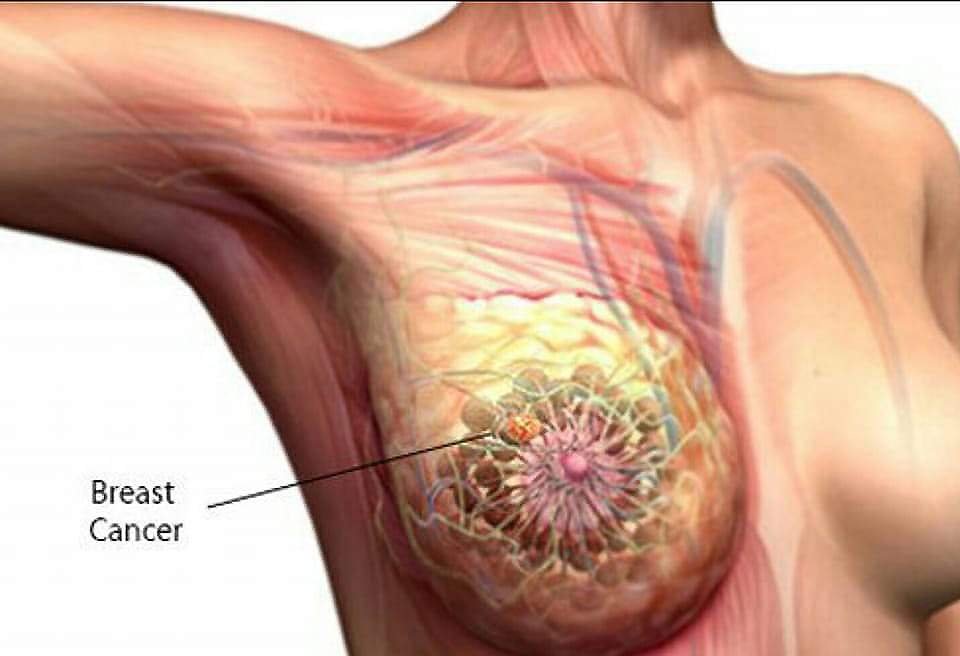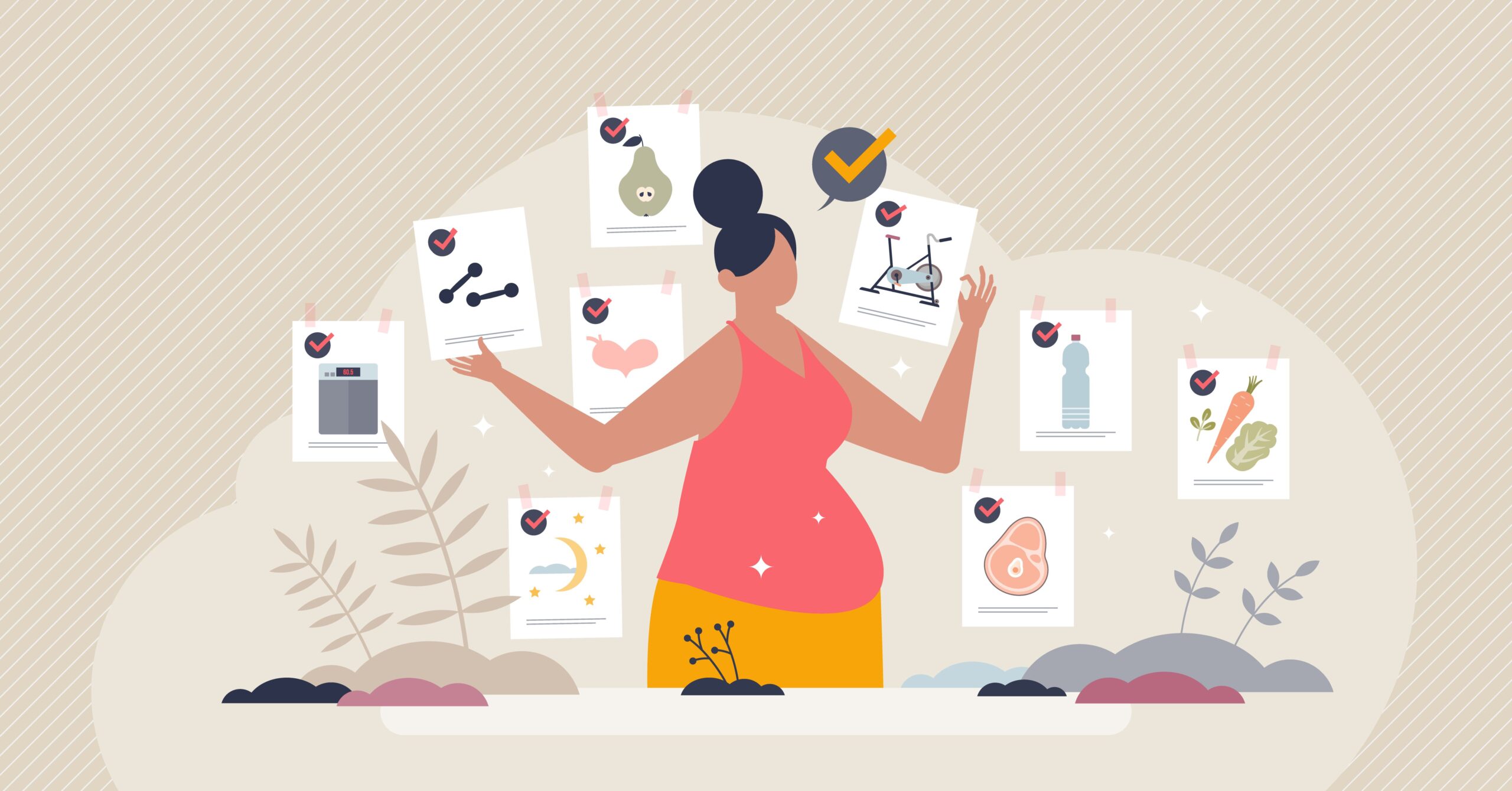Breast cancer is one of the most common cancers affecting women worldwide. It occurs when cells in the breast begin to grow abnormally and form a lump or mass. Early detection and timely treatment can significantly improve survival rates. Understanding breast cancer symptoms and its remedies is essential for prevention, awareness, and effective treatment.
What Is Breast Cancer?
Breast cancer begins in the cells of the breast tissue—either in the lobules (milk-producing glands) or the ducts (pathways that carry milk to the nipple). In some cases, the cancer can spread to nearby lymph nodes or other parts of the body. Both women and men can develop breast cancer, but it is far more common among women.
There are different types of breast cancer, such as ductal carcinoma in situ (DCIS), invasive ductal carcinoma (IDC), and triple-negative breast cancer. The treatment and prognosis depend on the type, stage, and overall health of the patient.
Early Symptoms of Breast Cancer
Recognizing the early signs of breast cancer can make a major difference in treatment success. Here are some of the most common breast cancer symptoms to watch out for:
- Lump in the Breast or Underarm – The most noticeable symptom is a hard lump or thickening in the breast or armpit area. These lumps are often painless and feel different from surrounding tissue.
- Change in Breast Size or Shape – One breast may become noticeably larger or differently shaped than the other.
- Nipple Discharge – Any unusual discharge, especially if it’s bloody or clear, should not be ignored.
- Dimpling or Puckering of the Skin – The skin of the breast may appear dimpled or have an orange-peel texture.
- Pain in the Breast or Nipple – Persistent pain in any area of the breast could be an early sign.
- Redness or Flaky Skin – Inflammation, redness, or irritation on the nipple or breast skin is also a warning sign.
- Inverted Nipple – If the nipple suddenly turns inward, it could indicate changes within the breast tissue.
Early detection through self-examination, clinical breast exams, and mammography is vital for saving lives.
Causes and Risk Factors
Several factors can increase the risk of developing breast cancer. These include:
- Genetic mutations (BRCA1 and BRCA2 genes)
- Family history of breast or ovarian cancer
- Hormonal imbalances due to estrogen exposure
- Obesity and unhealthy diet
- Lack of physical activity
- Alcohol consumption and smoking
- Early menstruation or late menopause
While some risk factors are unavoidable, lifestyle modifications can play a crucial role in prevention.
Effective Remedies and Treatments

The treatment of breast cancer depends on its stage and type, but modern medicine offers several effective remedies:
1. Surgery
Surgical removal of the tumor is often the first step. Procedures like lumpectomy (removing the lump) or mastectomy (removing the whole breast) are commonly performed.
2. Radiation Therapy
High-energy rays are used to destroy cancer cells and reduce the risk of recurrence after surgery.
3. Chemotherapy
Chemotherapy involves the use of drugs to kill cancer cells or stop them from growing. It is often used before or after surgery.
4. Hormone Therapy
For hormone receptor-positive breast cancers, hormone therapy can block estrogen or progesterone, which fuels cancer growth.
5. Targeted Therapy
This advanced treatment uses drugs that specifically target cancer cells without harming normal cells.
6. Natural and Lifestyle Remedies
Alongside medical treatment, lifestyle changes such as a balanced diet, regular exercise, stress management, and avoiding alcohol can greatly support recovery and prevent recurrence.
Preventive Measures
To reduce the risk of breast cancer, follow these preventive tips:
- Perform monthly self-breast examinations.
- Get regular mammograms as recommended by your doctor.
- Maintain a healthy weight and balanced diet rich in fruits and vegetables.
- Limit alcohol and smoking.
- Stay physically active.
- Consult a doctor if there’s any family history of breast or ovarian cancer.
Breast cancer is a serious yet treatable condition when diagnosed early. Understanding breast cancer symptoms and its remedies can empower individuals to take timely action. Awareness, regular check-ups, and a healthy lifestyle remain the most powerful tools in fighting this disease. Remember — early detection saves lives, so stay informed, stay proactive, and prioritize your health.
The Benefits of Intermittent Fasting
The Top 5 Foods for Healthy Skin
Read Also: Medical Website Design
![]()





